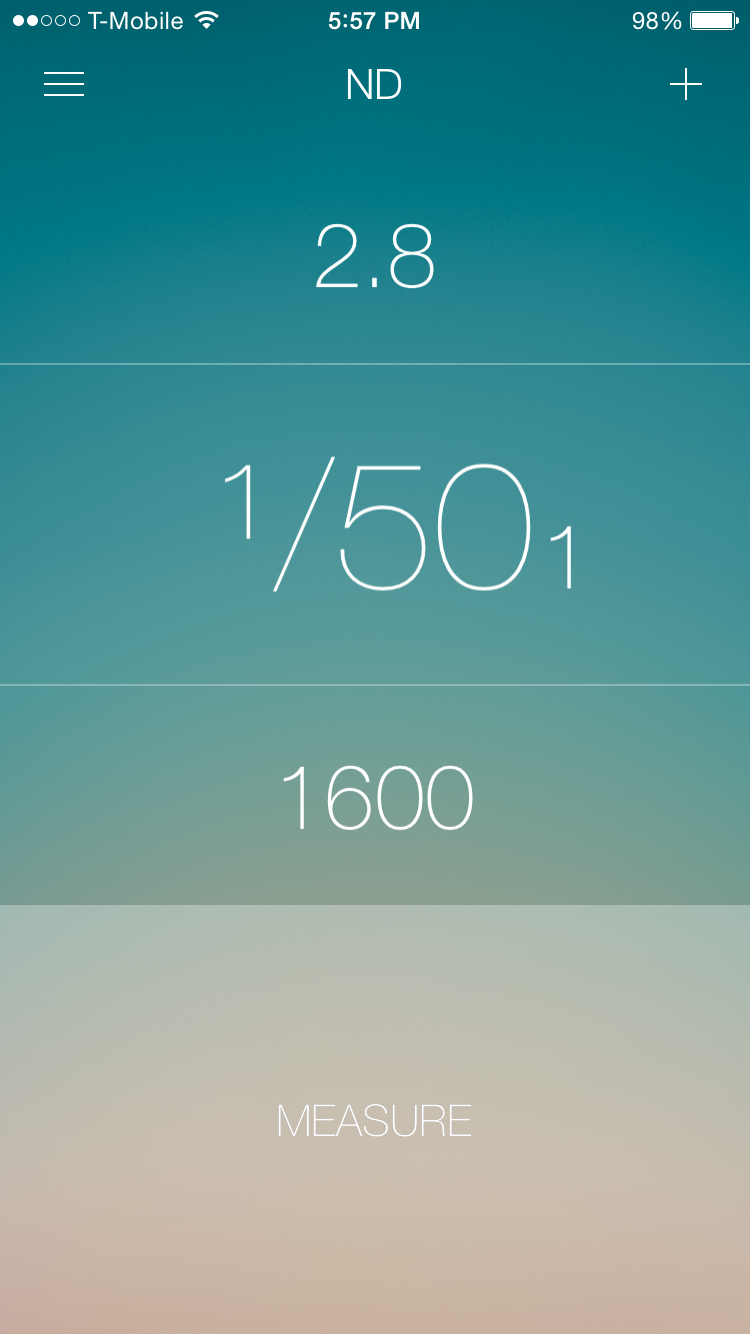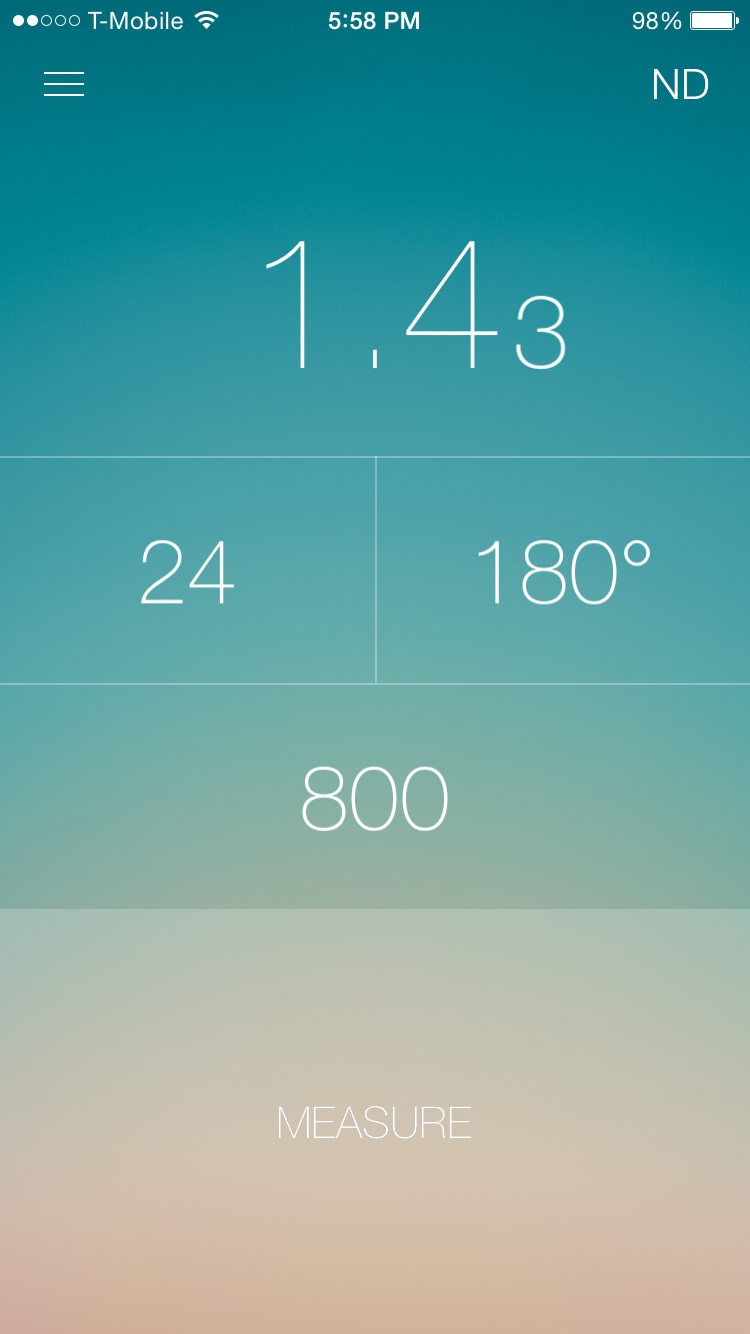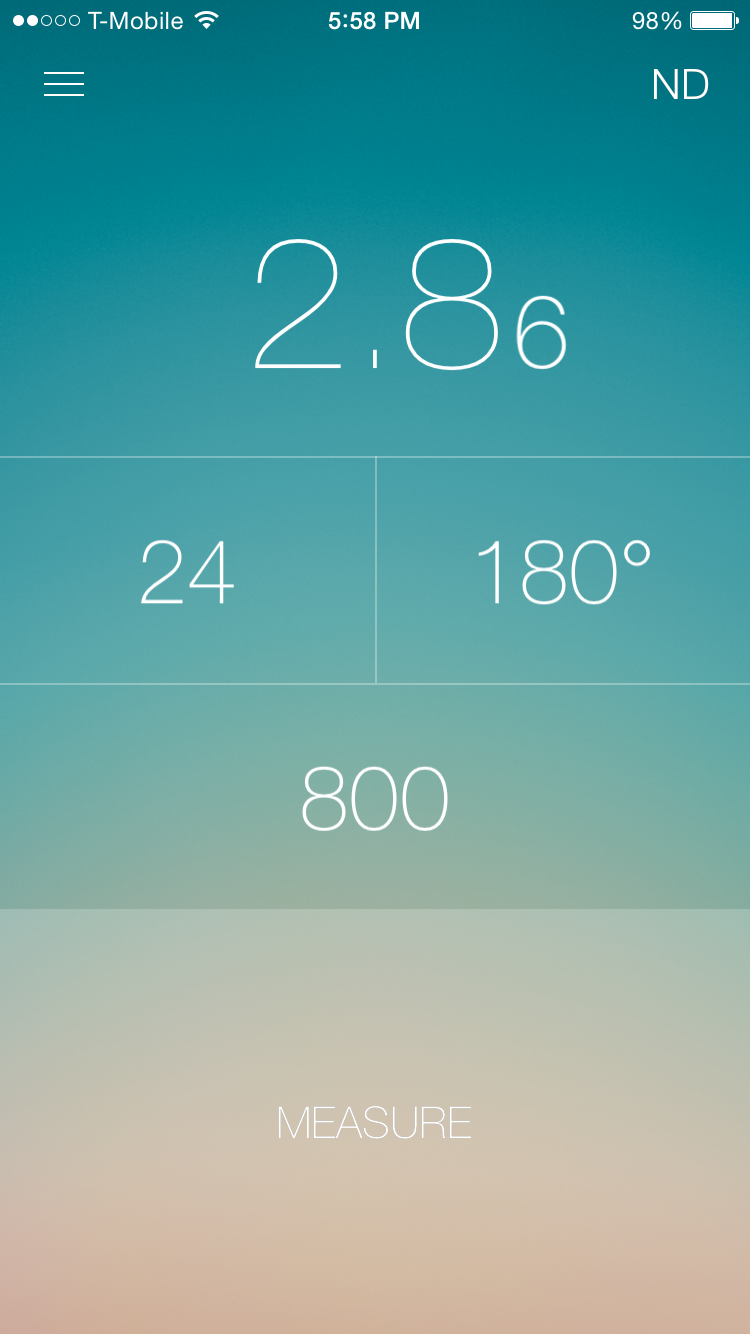Lumu Review: The Light Meter Has Gone Mobile
Avid photographers know lighting is important. Often times, those dedicated to getting the perfect picture have expensive meters meant to allow them insight on which is the best exposure and filter (among other camera controls) to use. Lumu, a new plug-in for your iPhone, wants to help lighten your camera bag by getting you to leave the meter at home. Along with a few apps for iOS, the aim is to get you plugging into your audio jack rather than carrying a bulky meter.
Hardware
The Lumu hardware is humorously tiny, but gorgeously crafted. An aluminum shell gives way to a rounded, opaque plastic cover through which light is measured. It's a similar technical set-up to light meters you might have now, just a lot smaller.
Lumu doesn't take batteries, either. It draws power from your audio jack, where it transmits information as well. Lumu says their plug-in takes less power than listening to music.
In the box — a handsome little aluminum tin you'll find yourself using for other things, I'm sure — there's a pouch for keeping your Lumu safe and sound. You'll also find a lanyard, where Lumu plugs in when not in use. This is great for wearing around the neck and snapping away as needed.
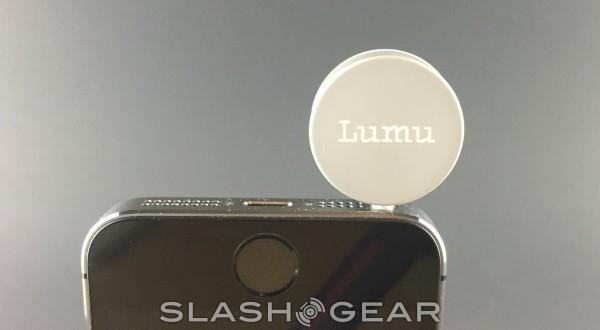
Software
Lumu has a few different apps, all of which are meant for the different types of media you'll capture. A photo app is meant for your DSLR ambitions, while Video is meant to meet your moving picture lighting needs. If you're a pinhole camera fan, Lumu also has a dedicated app for that. An iPad version of Photo is also available.
Photo gives your readouts on ISO, aperture, and time. Log your readings as a note, and measure in lux, foot-candles, or exposure value. Reflected mode uses your iPhone's camera, and Lumu recommends that for Landscape or distant shots.
Video works the same as Photo, but provides FPS values, shutter angle, and shutter time. Aperture and ISO values are also given.
If you like, you can also choose filters. When you do, they'll automatically be calculated in your measurements. There are presets, or you can define your own. Video measures in the same values as Photos.
Use
Here's the thing about Lumu: You don't need the hardware for basic readings. While I wouldn't recommend using the app without the hardware and expecting it to give really accurate results, it's possible. We'll visit both methods, here.
If you're going to use Lumu sans hardware, it's dead simple. Just open the app, select your focal point, and get readings via the iPhone or iPad camera. You can use the recommended settings, which are displayed at the bottom of the screen, and swipe through other options (if you wanted to experiment with different shutter speeds, for instance). Doing that will automatically change the other settings on-screen for you; it's great for those times you have a particular ISO you'd prefer to use, or just want to experiment or get some variety in your shots.
Using the Lumu hardware is your best option for great photography, and the results will speak for themselves. If you're worried about reliability, the video below should set your mind at ease. Lumu stands up to traditional light meters just fine.
Calling an audible
This is meant for DSLR cameras, but what about smartphones? More to the point, what about iPhone, which now supports granular controls for its class-leading camera hardware?
If your aim is really good photography, there are several apps that can take you to the next level without spending a ton of cash on a DSLR. You won't get the same results, but you can manipulate your settings to get better results. Below is a "before and after" sample pic taken with Manual, using Lumu to choose the settings with the moon as the focal point. I like how Lumu helped flesh out some of the light the camera didn't automatically pick up.
With both landscape and set photography, I found the default settings could use a little tweaking, even when the pic seemed fine. An app called Metapho is a great one for finding the settings used in your shots, even for mobile photography. It's also really neat for Lumu, where you can experiment, then find the best shot and settings used.
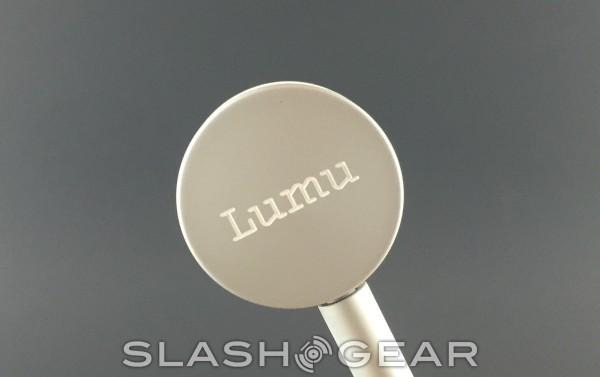
Verdict
Light meters are already a good idea for great photography and videography, but have their heels dug deep in traditional set-ups. Lumu gives you all the performance you expect from large handhelds, but plugs into a device you already carry around. There's just nothing cooler than that.
For $149, Lumu doesn't get you entry into the light metering forum any cheaper than bulkier hardware, but that's alright. If you're not regularly using a light meter, Lumu might show you what you've been missing. Whether taking a picture or video with a smartphone, DSLR, point-and-shoot, or whatever — Lumu will deliver the information you need to get the most out of your efforts. The lone downside is that Lumu doesn't work with flash. For that, an incident meter is still the best option.
Lumu is currently available from their website, and comes in a silver finish (tested and pictured), or black.

